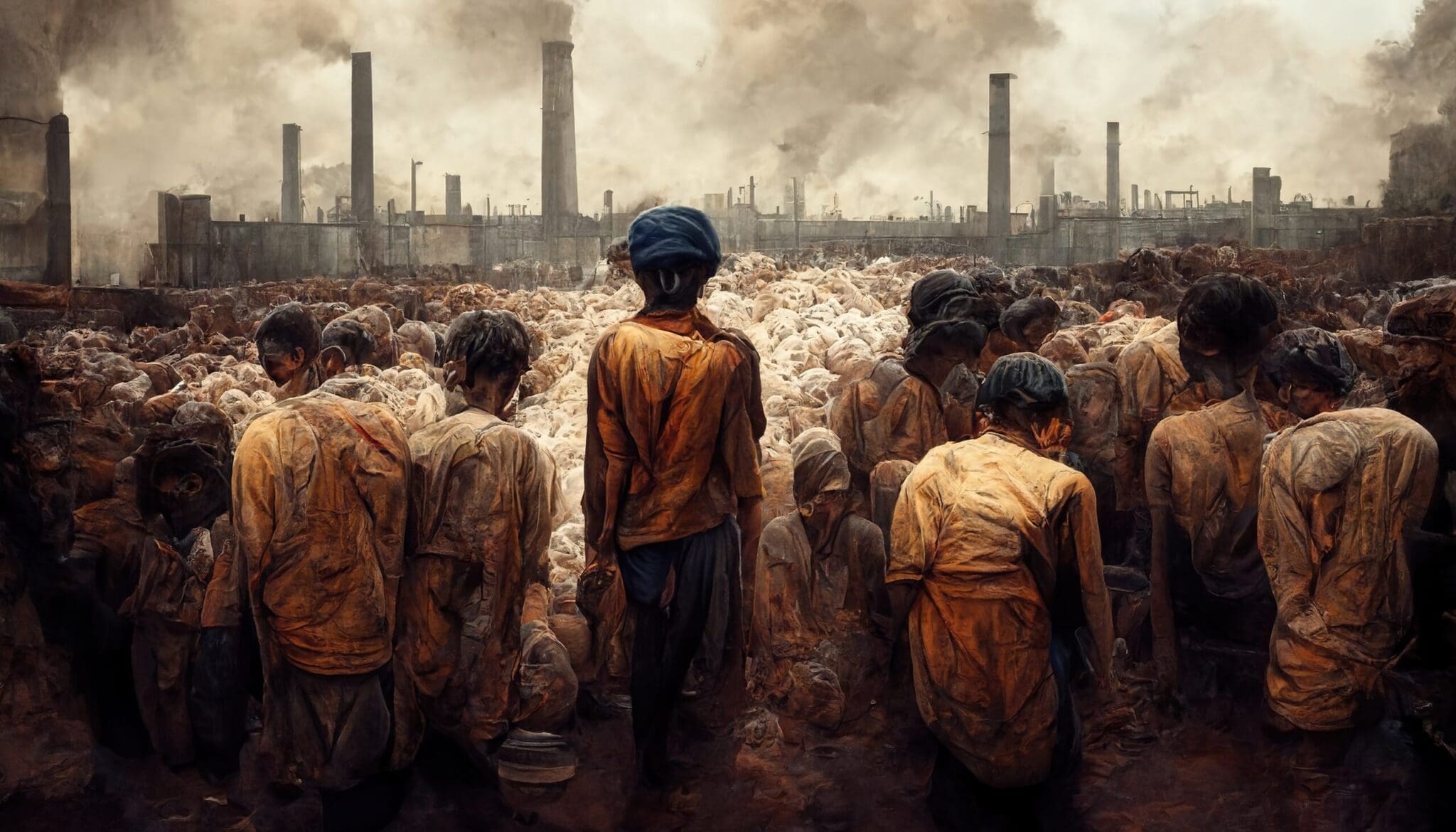The latest edition of the Global Slavery Index published this week highlights the consistent and endemic issue of modern slavery and exploitation globally. What’s needed to reignite efforts to bring an end to exploitation?
Yesterday marked the fifth edition of the Global Slavery Index published by the international human rights group, Walk Free. Despite existing human rights and anti-modern slavery legislation being in existence for over a decade, the Walk Free Modern Slavery index estimate that 49.6 million people were living in modern slavery on any given day in 2021, an increase of 10 million people since 2016.
Walk Free are just one organisation that has identified this growing problem. In September 2022 the International Labour Organisation (ILO) published similar estimates and, as recently as last week, the UK modern slavery helpline, operated by anti-slavery charity, Unseen, reported a 116% increase in potential victims from 2021.
For many years, policies or statements of commitment have been relied on as tools to combat the issue of human exploitation, but data clearly shows more needs to be done.
New legislation is now coming into force that will attempt to drive this change. Countries including Norway (Transparency Act), Germany (Lieferkettensgesetz), Canada (Fighting Against Forced Labour and Child Labour in Supply Chains Act) and Australia (Modern Slavery Act) have or are in the process of enacting legal mandates to ensure businesses do more to address these challenges and take a Due Diligence approach to address negative Social impact.
Time will tell whether these mandates have the desired effect. An increased number of fines on businesses or identified cases of human rights exploitation will assist in shining a light on the issue.
How Achilles can help
If you would like to have more confidence in your ability to meet new more rigorous supply chain due diligence requirements, find out more about working with Achilles. Achilles multi-disciplined approach to supplier validation and unique ability to physically inspect workplaces, and confidentially speak with individuals who may be subject to unethical employment practices or human rights violations are crucial to helping organisations achieve their social justice and human rights goals and creating a safer and fairer world.


